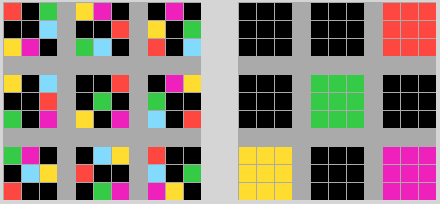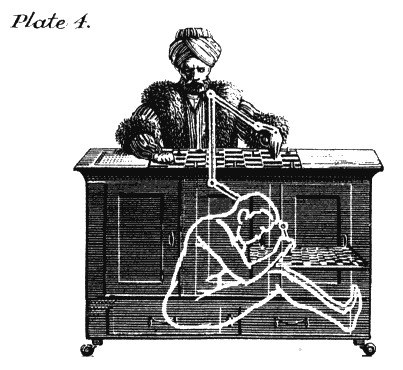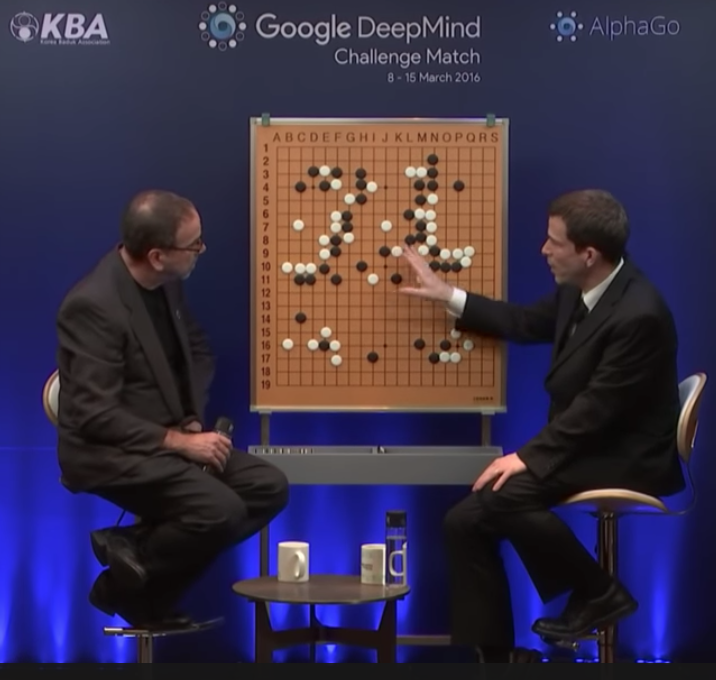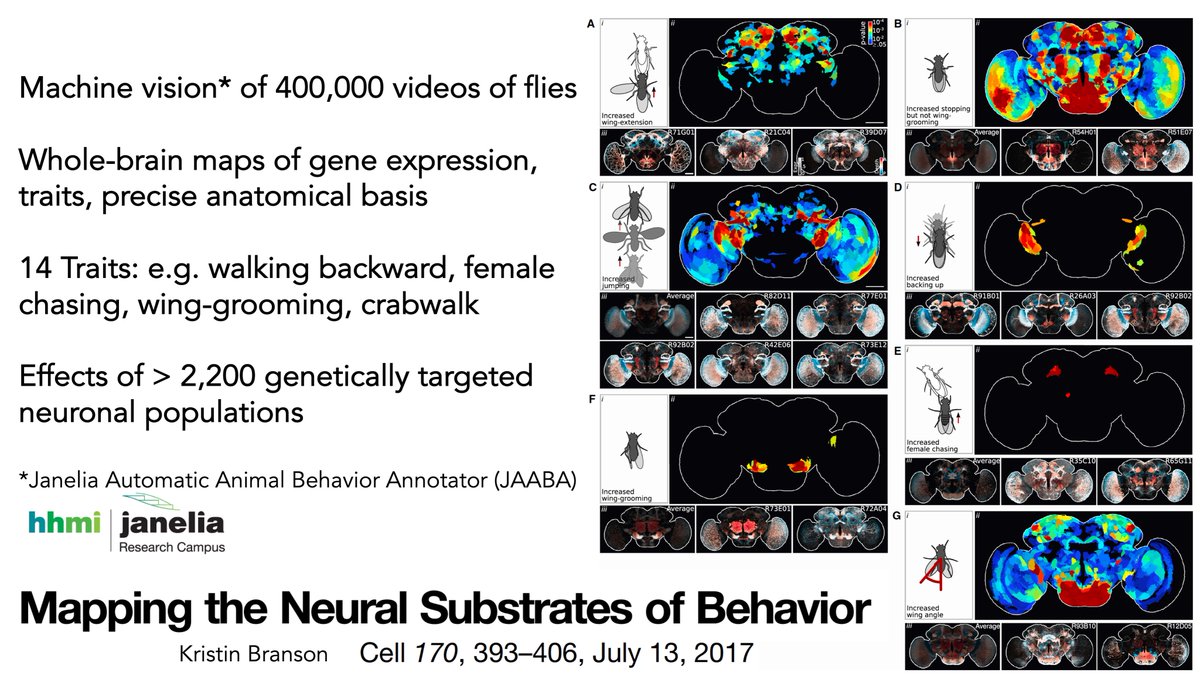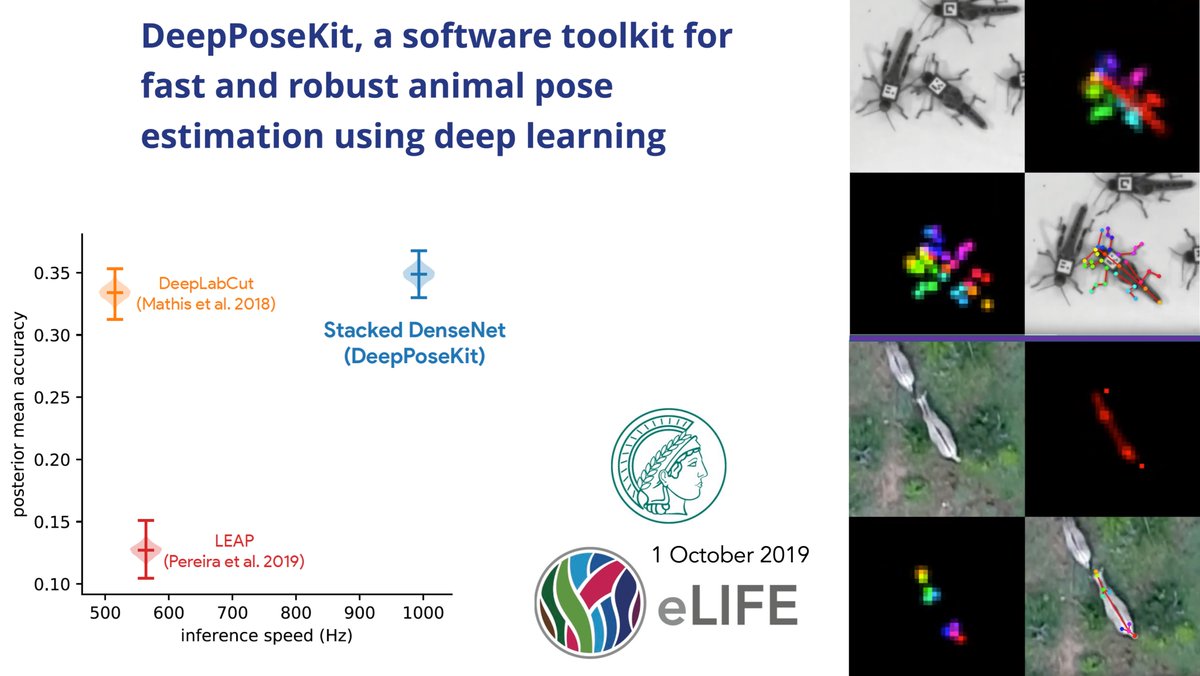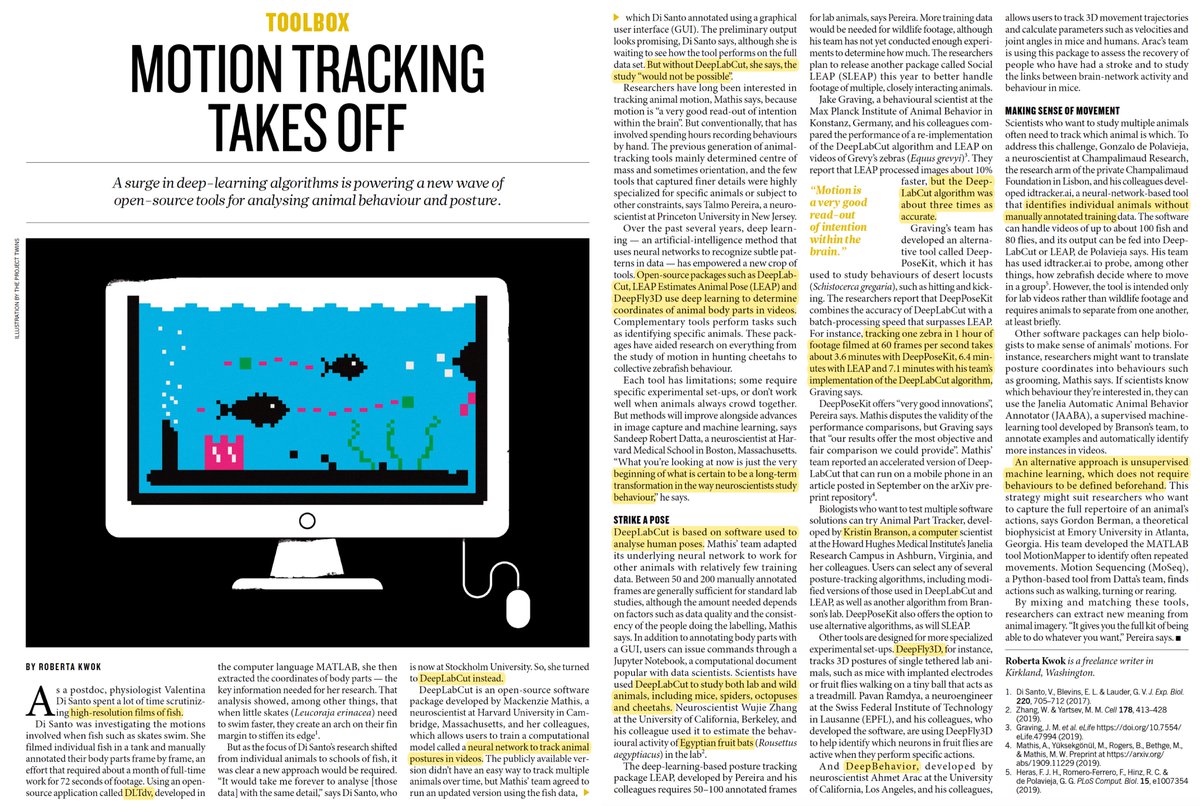Paper: arxiv.org/abs/1911.01547
ARC: github.com/fchollet/ARC

1) A discussion of the history of how we've defined and evaluated AI so far
2) A new formal definition of intelligence + concrete guidelines for what a general AI benchmark should look like
3) A presentation of the goals of ARC and the logic behind it.



